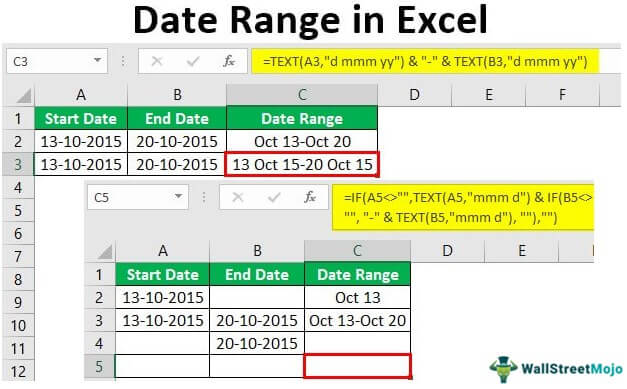

- #How to find files by date range touch rhel how to#
- #How to find files by date range touch rhel manual#
- #How to find files by date range touch rhel free#
Now you'd need only the files in your list? Solution: exclude the directories: find. (the current directory) in your list? Solution: exclude the first directory level ( 0) from find output: find. Solution: pass -d to ls, which prohibits listing the directory contents: find. (the current directory), and ls will list each of them individually. mmin -60 | xargs -r ls -līut this might match to all subdirectories, including. Normally, the command is run once even if there is no input. If the standard input does not contain any nonblanks, do not run the command. To change that you might use a GNU extension to xargs: The main one is that xargs by default executes the command you specified, even when no arguments have been passed. See the comments for -atime to understand how rounding affects the interpretation of file status change times.Įxample: find /dir -cmin -60 # creation timeĪctually, there's more than one issue here. If file is a symbolic link and the -H option or the -L option is in effect, the status-change time of the file it pointsįile's status was last changed n*24 hours ago. Have been accessed at least two days ago.įile's status was last changed n minutes ago.įile's status was last changed more recently than file was modified. When find figures out how many 24-hour periods ago the file was last accessed, any fractional part is ignored, so to match -atime +1, a file has to If file is a symbolic link and the -H option or the -L option is in effect, the access time of the file it points to is alwaysįile was last accessed n*24 hours ago.
#How to find files by date range touch rhel manual#
Manual of find: Numeric arguments can be specified asįile was last accessed more recently than file was modified.
#How to find files by date range touch rhel how to#
Why is this happening and how to use the find command correctly? Size: 9065 Blocks: 24 IO Block: 4096 regular fileĭevice: 902h/2306d Inode: 108680551 Links: 1Īccess: (0600/-rw-) Uid: ( 1001/ user) Gid: ( 1027/ user)Īs we can see, this file was definitely last modified earlier than 1 hour ago! I also tried find -mmin 60 or find -mmin +60, but it did not work either. We can take one of these files as an example and check if its modification time is really as displayed by the ls command: stat įile: ‘’ rw- 1 user user 20905 Oct 29 06:44 Īctually, it just listed all files in the current directory. Filter by Date range File usage on Commons It describes the hosting.
#How to find files by date range touch rhel free#
As you can see from the following listing, it also shows files modified earlier than 1 hour ago: -rw- 1 user user 9065 Oct 28 23:13 In Red Hat Enterprise Linux (RHEL) 8, FREE database solution to determine the. However, this command did not work for me as expected.

Many forums and tutorials on the net suggest to use the find command with the -mmin option, like this: I'm trying to find files modified in last x minutes, for example in the last hour.


 0 kommentar(er)
0 kommentar(er)
